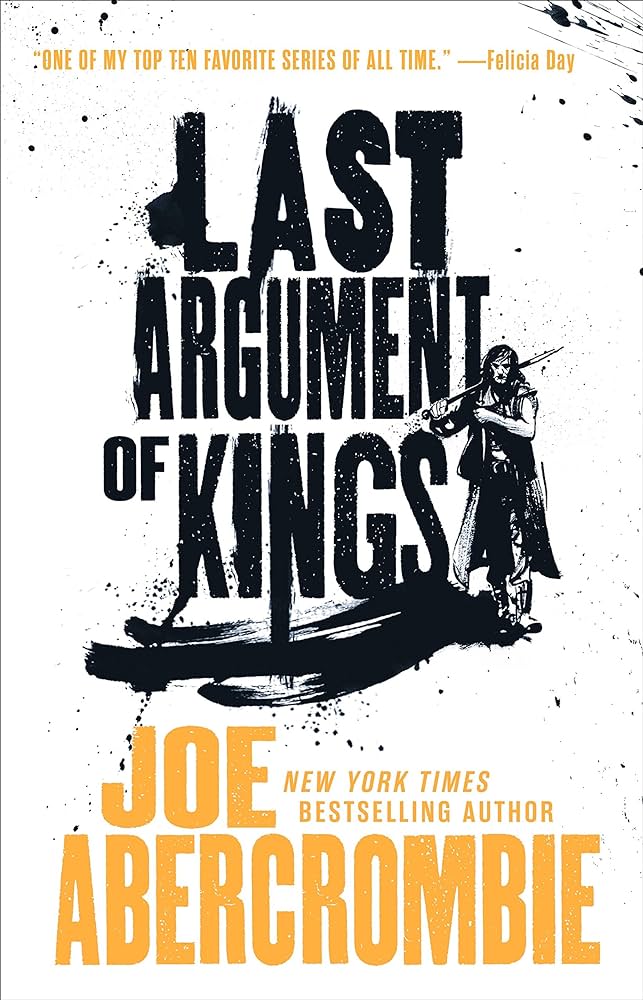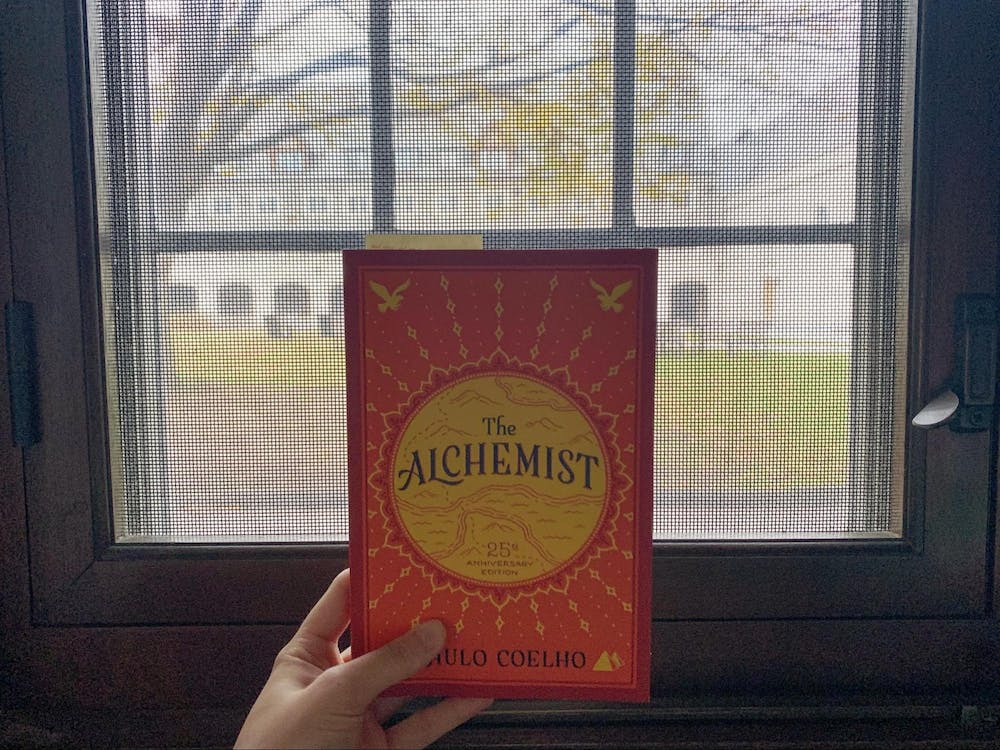
As I reached the last part of Joe Abercrombie’s The Last Argument of Kings, I felt a strong sense of excitement and memories from the earlier two books, The Blade Itself and Before They Are Hanged. This last book had a big job to do—wrapping up all the story bits, making sure each character’s journey made sense, and giving the story a satisfying ending.
Abercrombie did an amazing job making the characters in this book feel real. People we’ve been following from the start, like Logen Ninefingers, Jezal dan Luthar, and Glokta, went through big changes, and their stories connected in surprising ways. The author handled the idea of heroes and villains really well, making characters who had both good and bad sides. This made them feel like regular people with problems, making the story more relatable and the characters more human.
Abercrombie’s way of creating the world in The Last Argument of Kings was at its best. He made the political stuff, the realness of the fights, and how power works all really detailed. This added a lot of layers to the story. The author is great at making a world that feels really big but also personal. It kept me hooked the whole way through. The political side, the way battles went down, and how power played out – all of that made the story rich and interesting. I stayed into it from the very beginning to the end. The way Abercrombie built the world in the book is really worth appreciating.
This book, like the ones before it, is strong because Abercrombie doesn’t hold back in showing how tough war and power can be. The story doesn’t hide the harsh parts of conflict, the tricky sides of what’s right and wrong, and how politics can be so unpredictable. Because of this, the story feels real and true, not giving simple answers to the big questions about what’s right or wrong. Abercrombie’s writing doesn’t sugarcoat the tough stuff, making the tale feel raw and genuine. It’s a story that doesn’t take the easy way out when it comes to dealing with the hard questions it brings up.
Even though The Last Argument of Kings did well in many ways, there were times when the speed of the story felt a bit off. The many tangled storylines sometimes made things a bit overwhelming, making it hard to follow every character and side story. But, on the flip side, this complicated setup also made the story more interesting. For readers who like stories with lots of layers, this might not be a big problem. It’s like a tiny issue for those who enjoy complex tales.
As I finished the last pages and the story’s echoes stayed with me, I thought about the adventure Abercrombie had brought me on. The Last Argument of Kings wrapped up the trilogy really well, always going against the usual ideas and surprising me. Abercrombie looked deep into power, wanting more, and what it means to be human. It left me with a lot to think about, and the whole trilogy shows how good the author is at telling stories. The way he handled the narrative in these three books is really impressive.
If you’ve been into the world Abercrombie made in the first two books, The Last Argument of Kings is a good ending. It sticks to the main ideas that ran through the series, but it also throws in some surprising turns and hits you in the feelings. Abercrombie’s way of telling stories that are both intense and make you think stays with you. This trilogy, The First Law, really stands out in the fantasy world.


